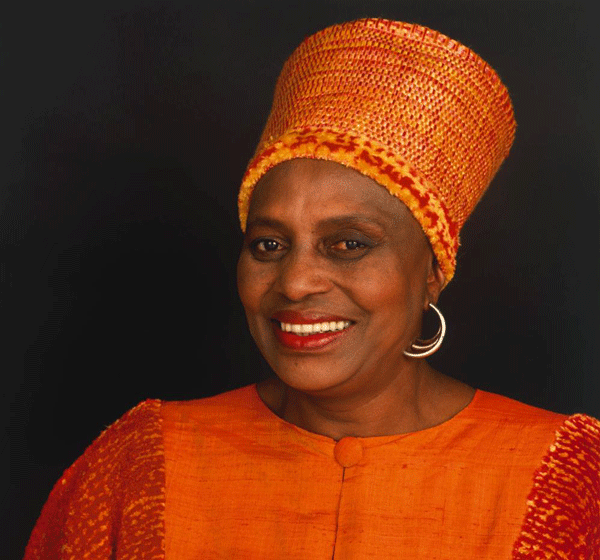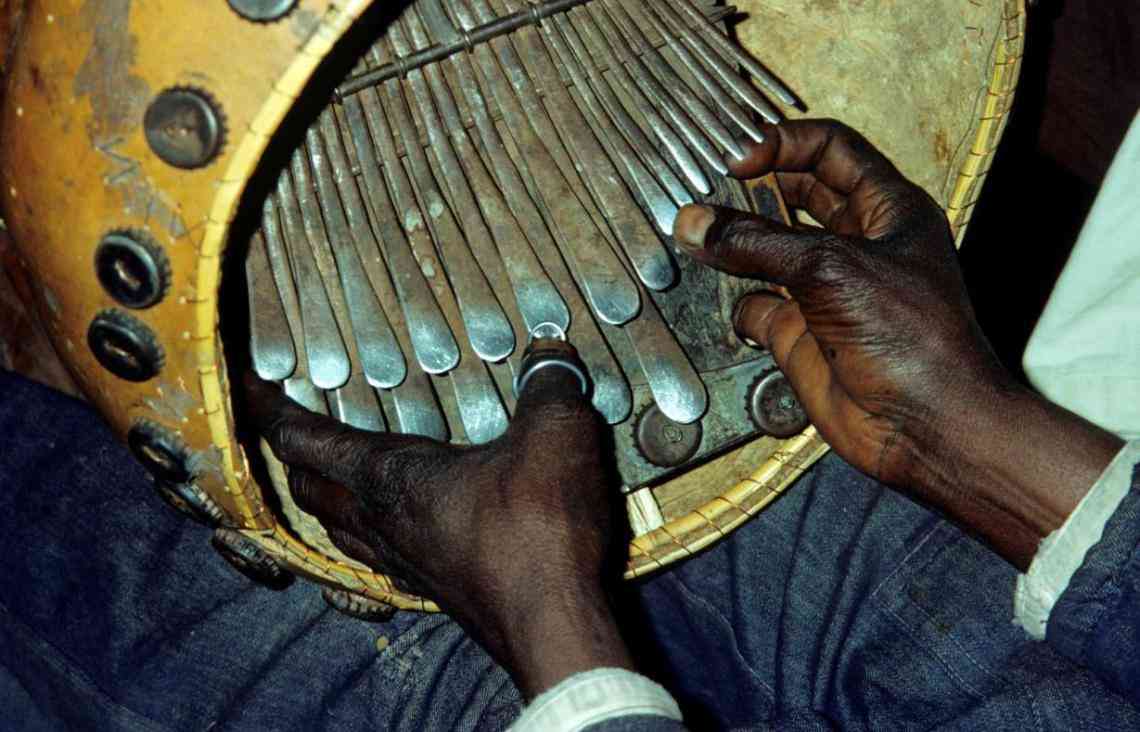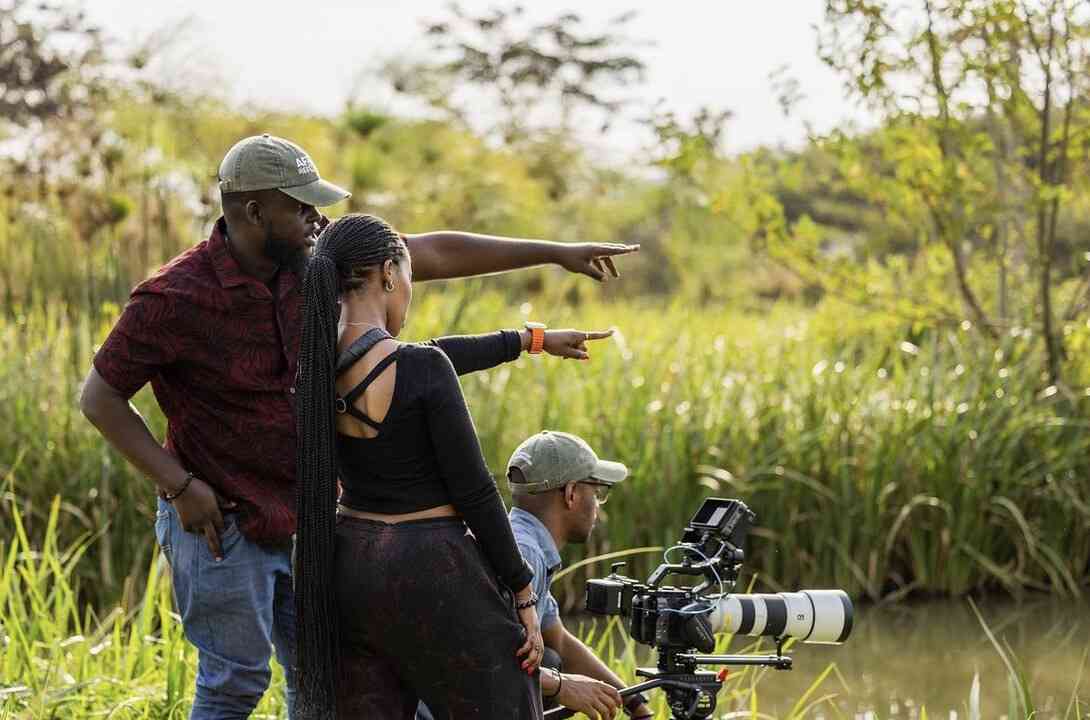
The powerful message in Miriam Makeba’s hit song Lakutshon’ilanga has inspired emerging filmmaker Phumi Morare to name her film after the song.
Lakutshon’ilanga (When the Sun Sets), which made its world premiere last week at the Clermont-Ferrand Film Festival, is a beautiful South African film about a black woman’s transcendence under the constraints of oppression.
Featuring stars Zikhona Bali, Aphiwe Mkefe, Thembekile Mathe and Awonke Mtonjana, the short film is a tribute to the many black mothers in South Africa, who fought against impossible odds during apartheid.
The film is expected to make its US premiere at the Pan African Film Festival in Los Angeles from February 28 to March 16.
According to Morare, who is a writer and director, the film pays homage to her mother Norma Nene-Morare’s story, which she shared with her six years ago.
“The film was inspired by my mother and the story she told me six years ago of how she saw her young brother, who was a teenager then, being taken by apartheid police in the 1980s.
“She shared with me how she had to fight to save him.
“The story really fascinated me. I thought she was very heroic and the fact that she approached those police, she was just protecting her brother,” Morare said.
- Chamisa under fire over US$120K donation
- Mavhunga puts DeMbare into Chibuku quarterfinals
- Pension funds bet on Cabora Bassa oilfields
- Councils defy govt fire tender directive
Keep Reading
“It inspired me to look at a story of ordinary black women who are doing these things behind the scenes to fight (for) and protect their families.
“They are not being heroes by choice but by circumstances.
“The rest of the film is about a woman who is searching for a missing brother.”
Morare chose the song Lakutshon’ilanga because it speaks about someone looking for a person who is lost. After a lot of negotiations with the Miriam Makeba Foundation and Gallo Music Records she finally got the rights to use the song in her film.
Lakutshon’ilanga was shot just before SA went into lockdown last year.
Morare and her team had to rush to complete the production in time.
Since she could not leave the country, the film’s post production was complicated because the editor was in LA and did not have access to all the editing equipment.
Morare says it was frustrating because a job that could have taken two months to complete ended up taking six months.
In spite of all the challenges in post production, Morare is happy with the end product.
The young filmmaker, who was born in Johannesburg, studied and worked in the financial field for five years before dumping it for filmmaking.
Morare is doing an internship in LA where she studied filmmaking for three years.
She previously worked for Sisanda Henna’s production company where she honed her directing and writing skills.
Morare’s previous short film, Home, has won gongs at the Global Film Festival Awards, International Independent Film Awards, London Independent Film
Awards, Los Angeles Film Awards, Prague International Indie Film Festival and WorldFest Houston.
She also received an award for the film at the IndieX Film Festival.
“When I was in high school I loved filmmaking but since I was good with mathematics my parents suggested I did a finance degree,” she said.
“Since I did not have anyone who was pursuing an artistic career in my family, I never asked my parents’ permission to study filmmaking.”
After working for Goldman Sachs in London for three years, Morare returned to SA where she worked for two years before she moved into filmmaking. She decided to study film directing and scriptwriting at Chapman University in LA because she wanted to network with different filmmakers.
Morare also freelances as a strategist at Statement Films, a company that develops and finances films and television content made by African women directors, writers and creators. –SowetanLive











